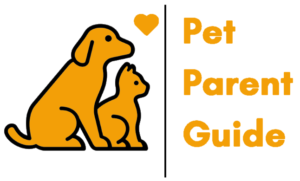
Hey there! It’s unfortunate when our furry pals have accidents, but don’t worry, you can play a crucial role in helping them recover. First things first, ensure your own safety before approaching your injured dog. Stay calm and gently assess their condition.
Quickly reach out to a veterinarian, giving them all the necessary details about the accident and your location. While waiting for professional help, carefully check for any visible injuries and provide basic first aid if needed.
Keep your pup calm and comfortable, minimizing movement to avoid further harm. Remember, your love and support can make a huge difference in helping your pet dog through this tough time.
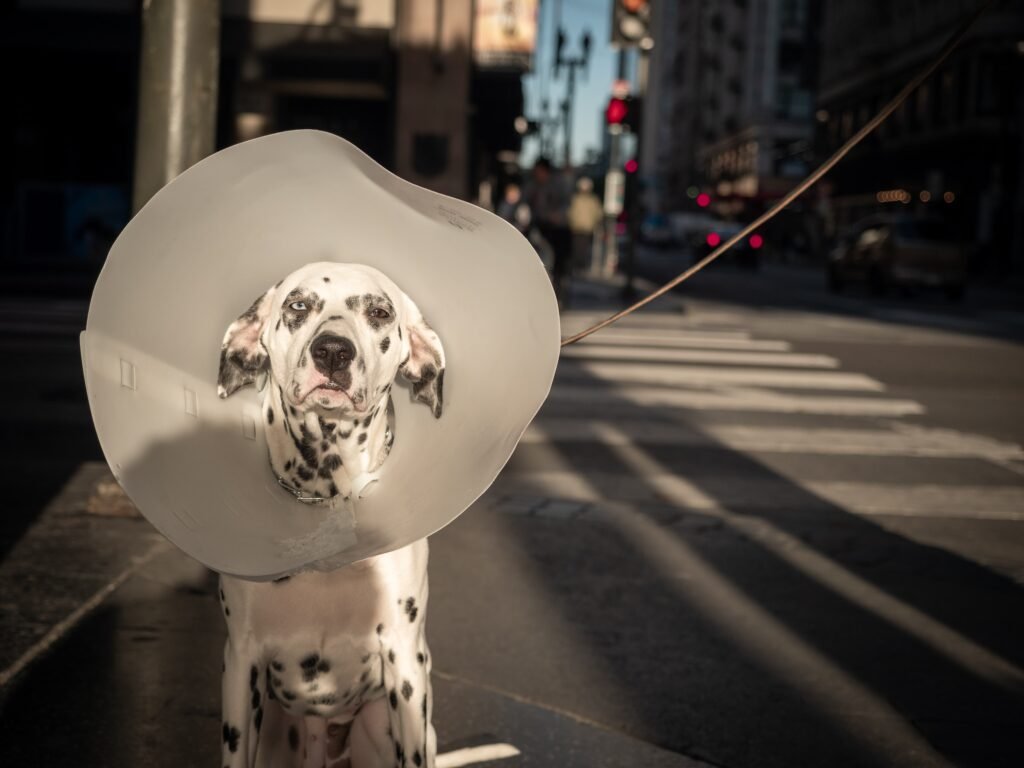
Common types of pet accidents
Remember, accidents can happen to any dog, so it’s important to be proactive in preventing them. Keep a watchful eye on your furry friend, create a safe environment, and provide them with the care and attention they need to stay happy and healthy!
Here are six common types of pet accidents to be aware of:
Road-related incidents
Keep an eye out for your adventurous canine, especially breeds like Labrador Retrievers and Border Collies who love to explore. They may dart across roads, risking collisions with vehicles. Always leash them during walks near busy streets.
Falls and jumps gone wrong
Certain breeds like Dachshunds and Chihuahuas are prone to jumping off high surfaces, which can lead to injuries. Secure balconies and windows or provide protective barriers to prevent falls.
Paw injuries
Breeds like Greyhounds and German Shepherds with thin or delicate paws may suffer from cuts, abrasions, or torn pads. Regularly inspect their paws for any signs of damage and protect them with dog boots or paw balms.
Toxic substances
Mischievous breeds like Beagles and Bulldogs are curious and may ingest harmful substances. Keep household chemicals, medications, and toxic plants out of reach. In case of ingestion, contact a veterinarian immediately.
Heatstroke
Brachycephalic breeds such as Bulldogs and Pugs are more prone to heatstroke due to their short snouts. Avoid exercising them during hot weather and never leave them in a parked car, even for a few minutes.
Water accidents
Breeds like Labrador Retrievers and Golden Retrievers are natural swimmers but can still encounter accidents in pools, lakes, or even bathtubs. Supervise them closely around water and consider using life jackets for added safety.
How to offer immediate first aid to injured pets?
Providing immediate first aid is just the first step. Always contact your veterinarian for professional advice and guidance on further treatment. Your prompt actions can make a significant difference in helping your furry friend recover from an accident.
Here are some useful guidelines on providing immediate first aid after an accident for your pet:
Stay calm and assess the situation
Whether you have a brave and energetic breed like a Jack Russell Terrier or a calm and gentle breed like a Bichon Frise, it’s crucial to stay calm yourself. Assess your pet’s condition and make sure it’s safe for you to approach.
Control bleeding
If your pet is bleeding, apply gentle pressure using clean gauze or cloth. Breeds like Greyhounds and Boxers have thin skin, making them more prone to cuts. Elevate the injured area if possible and contact your veterinarian for further guidance.
Stabilize fractures
In case of suspected fractures, prevent movement as much as you can. Large breeds like Great Danes or small ones like Toy Poodles may be prone to bone injuries. Use a makeshift splint (such as a rolled-up newspaper or a rigid object) to immobilize the affected area, taking care not to cause additional pain.
Check for breathing difficulties
Some breeds, like Bulldogs and Pugs, have shorter snouts and may struggle with breathing. Ensure their airway is clear and monitor their breathing. If they’re unconscious or having difficulty breathing, perform CPR if trained or seek immediate veterinary assistance.
Keep your pet warm and comfortable
Dogs, such as Greyhounds and Chihuahuas, with short coats or lower body fat can quickly lose body heat. Use blankets or towels to keep them warm and cozy, especially if they’re in shock or suffering from exposure.
Minimize movement and transport safely
Prevent further injury by minimizing movement. If possible, use a makeshift stretcher or a large, sturdy board to carry your pet. Breeds like Dachshunds and Corgis with long bodies may require extra care to avoid worsening any spinal injuries.
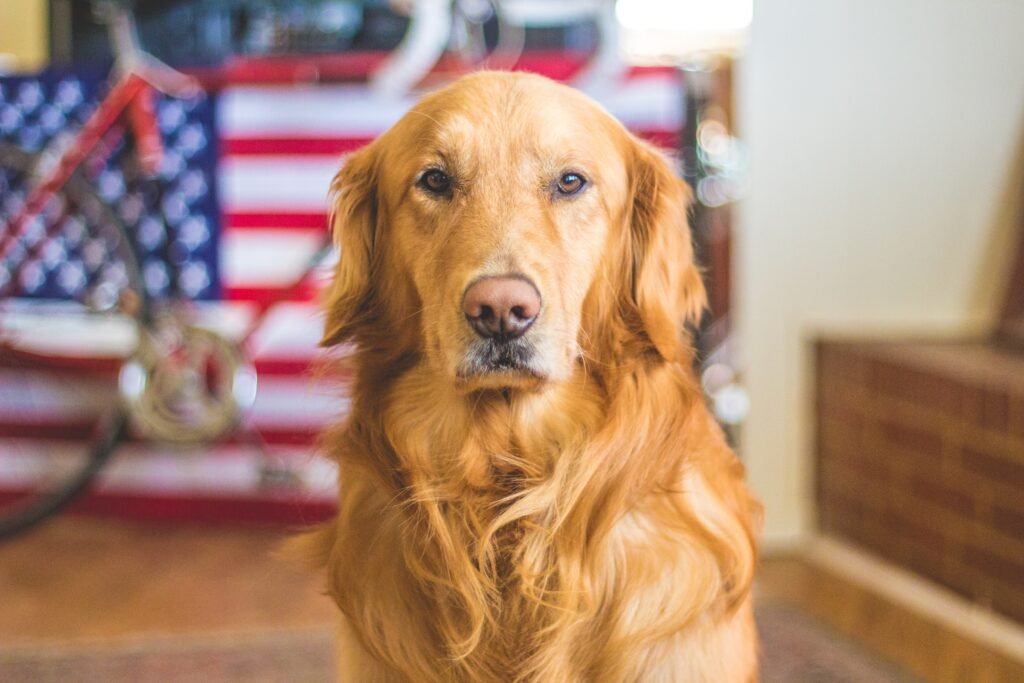
Helping your dog recover from an accident
Each dog’s recovery is unique, and their needs may vary based on their breed, age, and the extent of their injuries. Be patient, understanding, and responsive to their individual requirements. With your love and dedicated attention, your furry friend will have the best chance at a successful recovery and return to their happy, healthy self.
Here are seven ways to help your dog recover from an accident –
1. Create a calm and safe environment
Breeds like Shih Tzus and Cavalier King Charles Spaniels may need a peaceful space to recover. Set up a cozy, quiet area where your dog can rest undisturbed. Provide a comfortable bed, fresh water, and ensure the temperature is suitable for their recovery.
2. Follow the veterinarian’s instructions
Your veterinarian will provide specific guidelines for your dog’s recovery based on their condition. Breeds like German Shepherds and Golden Retrievers may have different requirements. Administer medications, change dressings, or perform any necessary treatments as directed, and attend all follow-up appointments.
3. Help with mobility and physical therapy
For dogs recovering from injuries or surgeries, assist them with mobility. Support larger breeds like Rottweilers or Bernese Mountain Dogs with harnesses or slings during walks. Engage in prescribed physical therapy exercises to aid in their rehabilitation.
4. Provide a balanced diet
Proper nutrition is essential for your dog’s recovery. Consult your veterinarian about the appropriate diet for your dog’s breed and condition. Breeds like Boxers and Pit Bulls may require special considerations. Feed them a balanced, high-quality diet that promotes healing and supports their overall well-being
5. Give them mental stimulation
While your dog is recovering, keep their mind engaged to prevent boredom. Breeds like Border Collies and Australian Shepherds are intelligent and may benefit from puzzle toys or interactive games. Offer gentle mental stimulation to prevent frustration and promote a positive recovery experience.
6. Monitor their progress and behavior
Observe any changes in your dog’s behavior or physical condition during the recovery process. Breeds like Beagles and Basset Hounds may display signs of pain or discomfort subtly. Report any concerns or unusual symptoms to your veterinarian promptly, ensuring they receive timely care.
7. Shower them with love and attention
Emotional support plays a significant role in your dog’s recovery. Breeds like Labradors and French Bulldogs thrive on companionship. Spend quality time with them, offer gentle affection, and reassure them with a soothing voice. Your presence and care will help boost their spirits and aid their healing process.
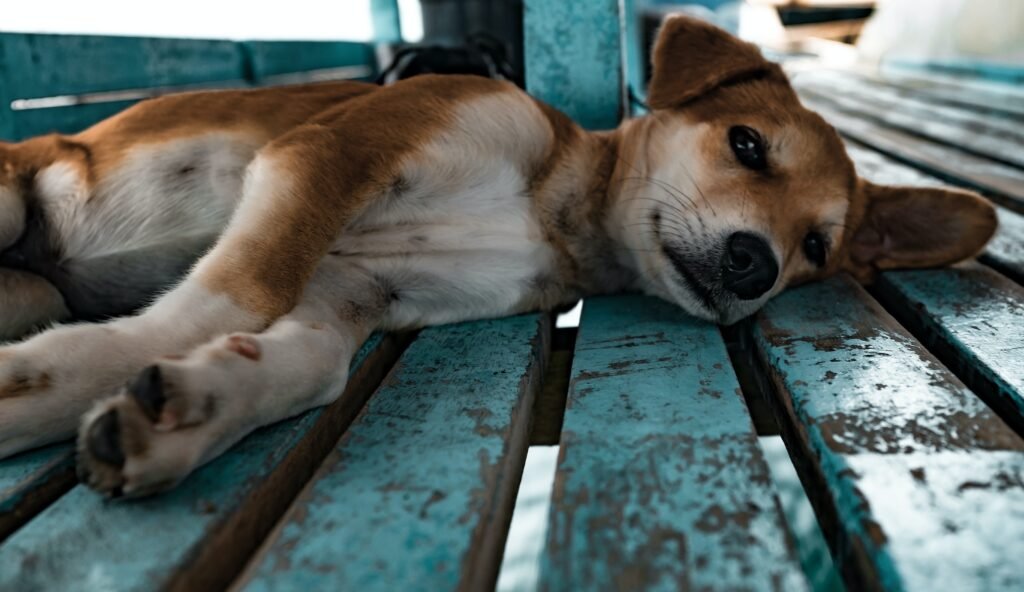
How to prevent pet accidents?
Remember, prevention is key, and your proactive efforts will help ensure a happy, healthy, and accident-free life for your beloved dog. Here are some tips on how to prevent accidents from taking place –
1. Secure your home and yard: Breeds like Huskies and Australian Shepherds are known for their escape artist tendencies. Ensure your fences are secure and free of any gaps or holes. Keep doors and gates closed to prevent your adventurous dog from wandering off.
2. Supervise outdoor activities: Whether you have a playful Labrador Retriever or an energetic Border Collie, always supervise your dog during outdoor playtime. This prevents them from getting into dangerous situations or encountering hazards like traffic or toxic plants.
3. Train and socialize your dog: Proper training and socialization are essential for all breeds, from German Shepherds to Poodles. Teach them basic commands like “come” and “stay” to have better control in potentially risky situations. Socialize them with other dogs and people to reduce the risk of aggressive behavior.
4. Keep harmful substances out of reach: Mischievous breeds like Beagles and Bulldogs may be tempted to explore and ingest toxic substances. Store chemicals, medications, and toxic plants in secure cabinets or out of their reach to prevent accidental poisoning.
5. Be cautious around water: While breeds like Labradors and Golden Retrievers are natural swimmers, accidents can still happen. Always supervise your dog around pools, lakes, and other bodies of water, and consider using life jackets for added safety, especially for breeds less proficient in swimming.
6. Use appropriate restraints: Secure your dog in a properly fitted harness or crate while traveling in a vehicle. This prevents them from becoming a distraction or getting injured in the event of sudden stops or accidents. Breeds like Dachshunds and Chihuahuas are particularly vulnerable to injuries from unsecured travel.
7. Provide regular exercise: Breeds such as Vizslas and Australian Cattle Dogs have high energy levels and need regular exercise to prevent boredom-induced accidents. Engage them in daily physical activities like walks, runs, or play sessions to satisfy their mental and physical needs.
8. Regular veterinary check-ups: Schedule routine check-ups for your dog, regardless of their breed. Regular veterinary visits help detect any underlying health conditions early on, reducing the risk of accidents or complications. Vaccinations, parasite prevention, and regular examinations are essential for your dog’s well-being.
Conclusion
Accidents can happen to any pet dog, but with proactive measures, you can minimize the risks and ensure their safety. By creating a safe environment, providing immediate first aid when needed, and following veterinarian instructions, you can aid their recovery and promote healing.
Preventive measures such as proper supervision, training, and securing your home and yard can go a long way in avoiding accidents altogether. Remember to prioritize your dog’s well-being, offer them love and attention, and stay vigilant for any signs of danger or distress. By being a responsible and caring pet owner, you can help keep your furry friend happy, healthy, and accident-free.
